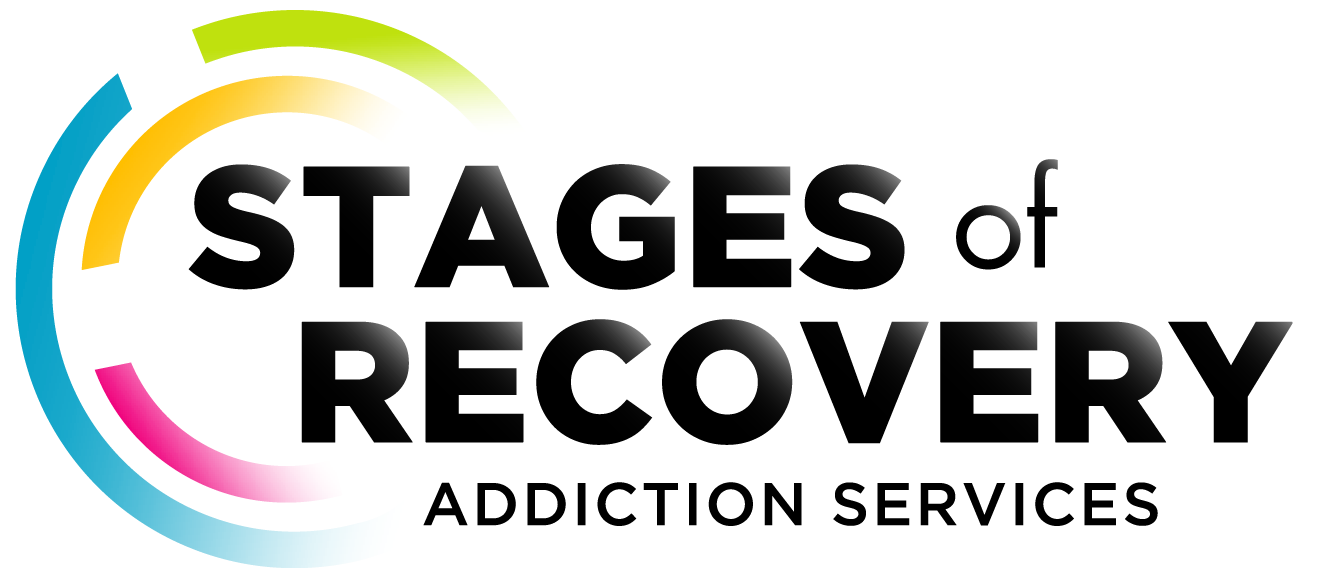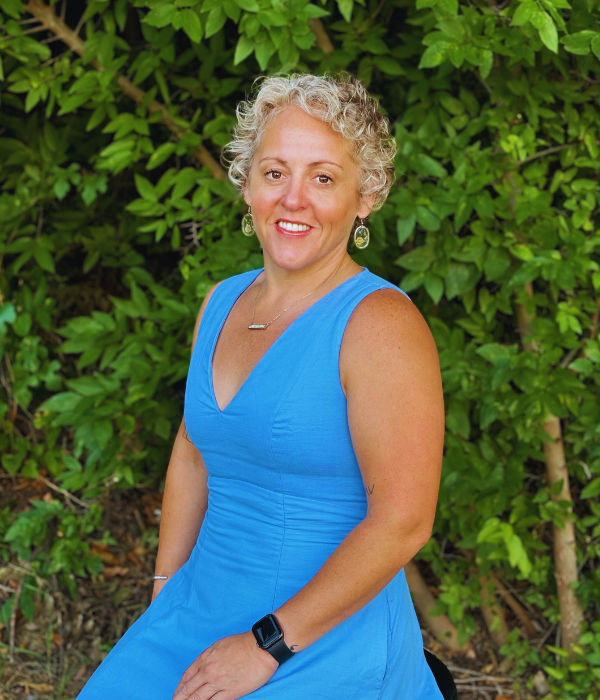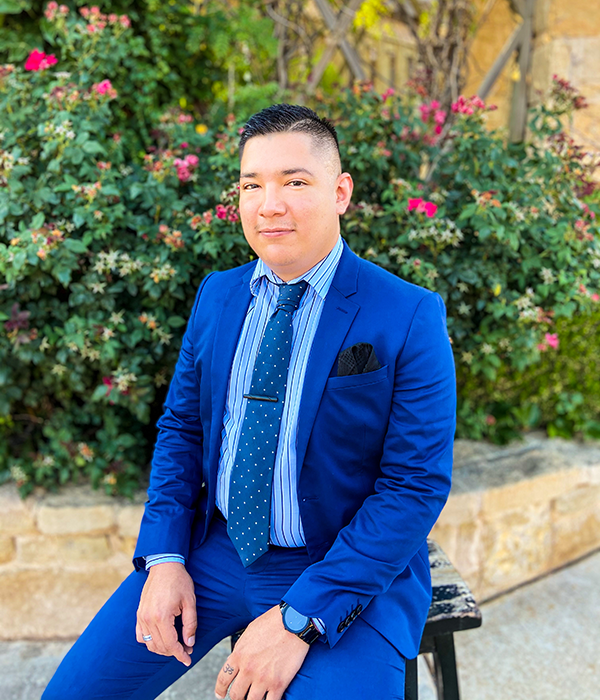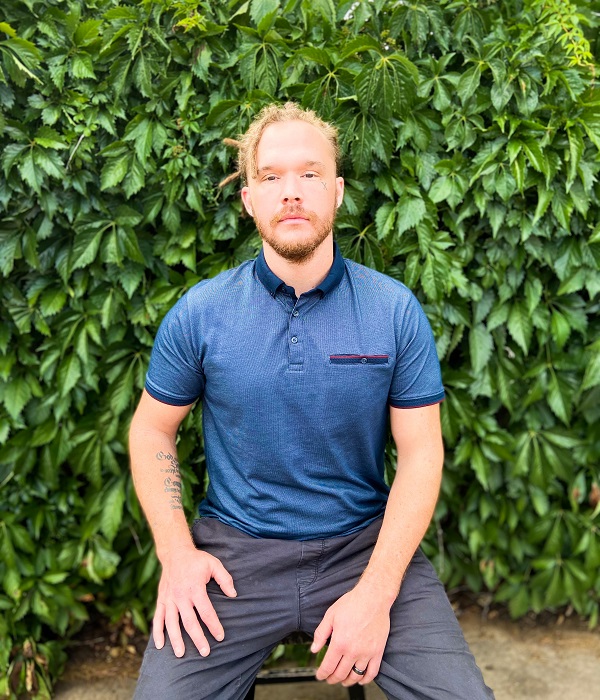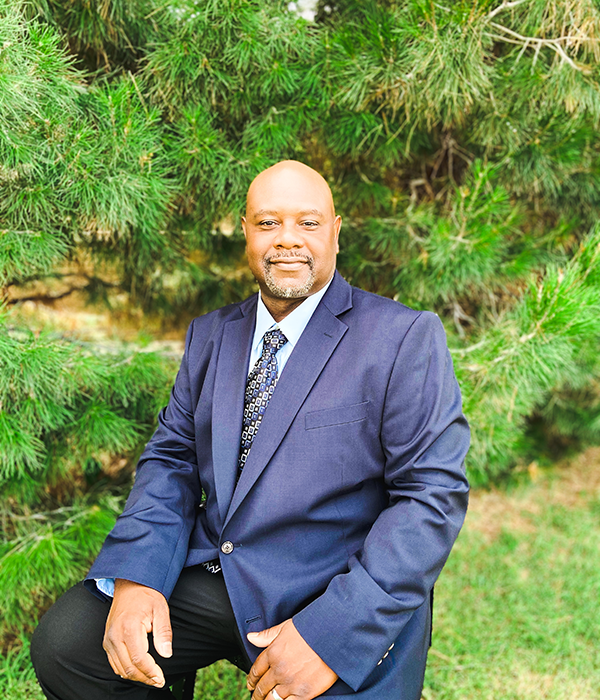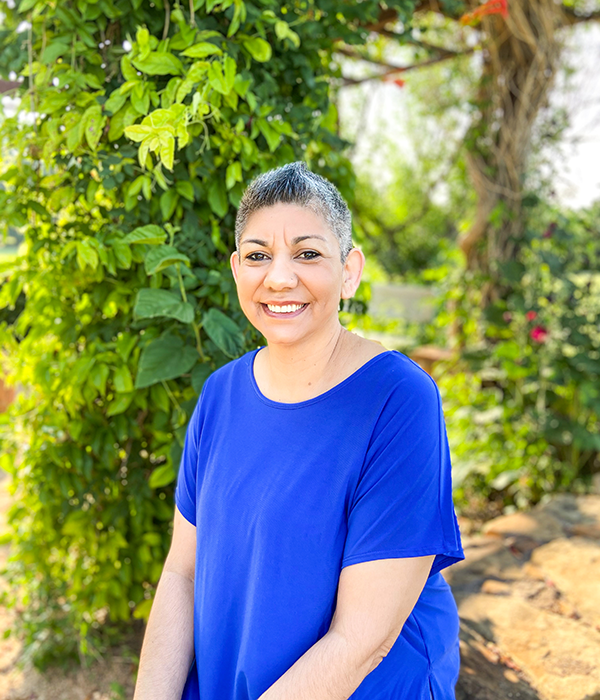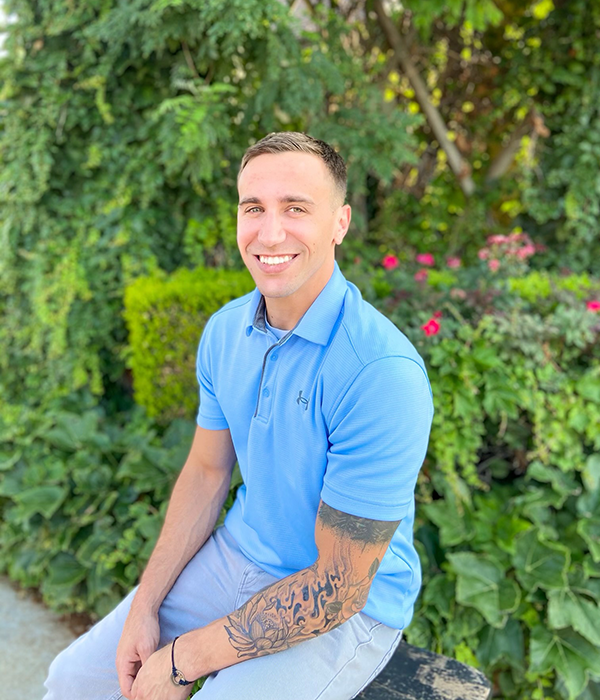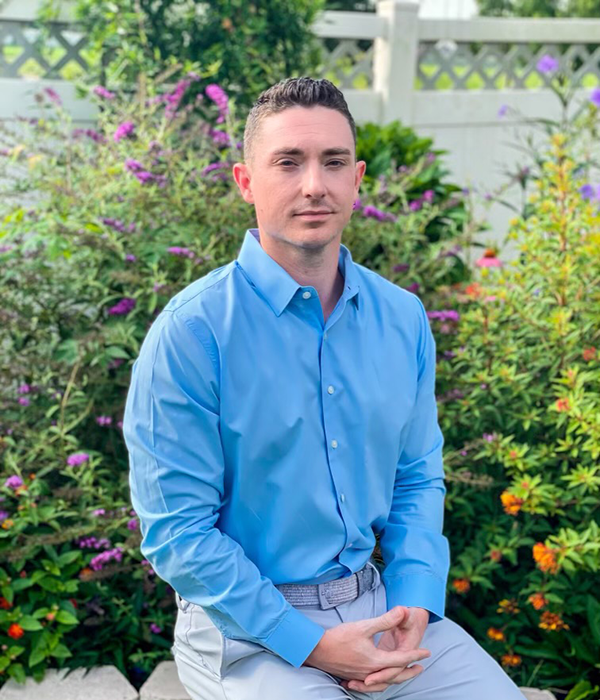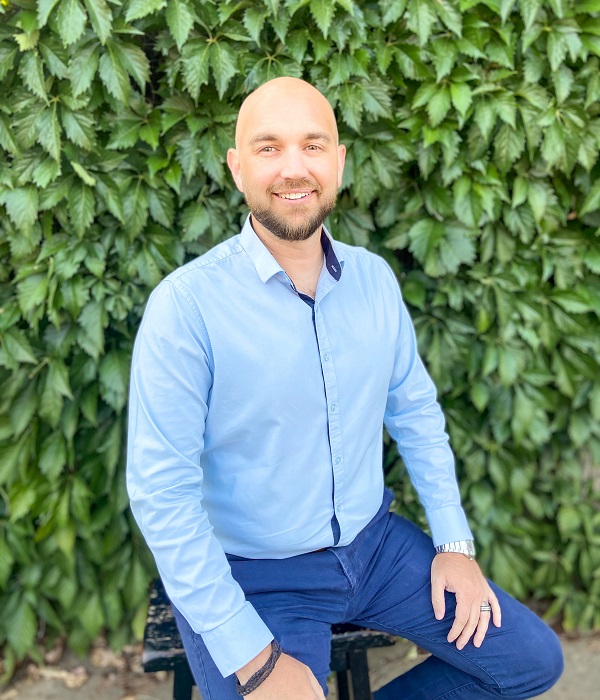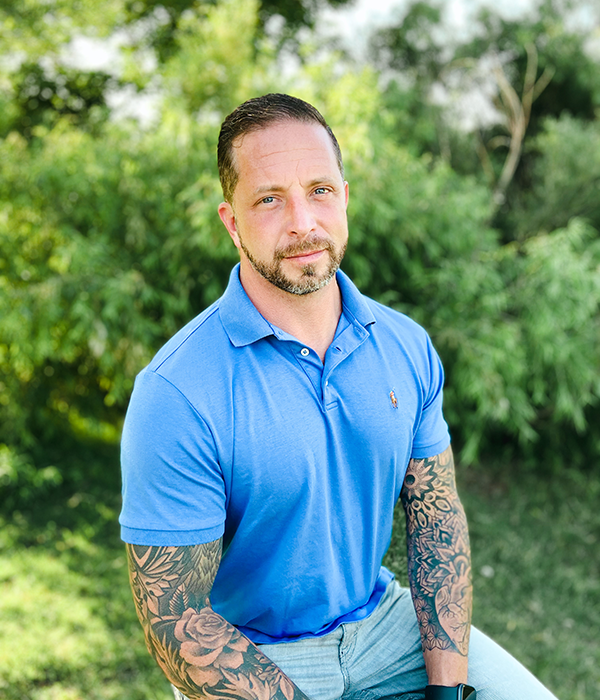When parents have children, they want nothing more than to see those children happy. They want to give them everything—all the things they never had. Somehow, they come to believe a happy child is a healthy child. But they’re wrong.
Dr. Carl Andersen, founder of the Center for the Study of Addiction & Recovery at Texas Tech University, once stated, “The perversion of parenting is to believe it is your job to raise a happy child. No. That is not your job. Your job as a parent is to launch a healthy adult.”
Though he was speaking to a classroom filled with college students in recovery—myself included—most of whom did not have children, his point was not lost on us. We all knew that somewhere in our past, someone—one or both of our parents—had worked very hard to keep us happy and therefore unwittingly denied us the consequences that might have kept us healthy. In essence, they nearly literally loved us to death.
It’s the most common form of enabling—parents doing everything in their power to keep their children from hurting and being a best friend, rather than a parent. In the moment, it looks and feels like love. But enabling—as Dr. Andersen also says—is not love. In fact, it’s anti-love. With regard to addiction, enabling keeps us sick by preventing us from hitting rock bottom—the low place we need to be in order to realize we need help.
Keeping us from facing consequences and financially funding our every want and need keeps us happy, indeed. But it also keeps us children, permanently. We never grow up. This perversion of parenting is the failure of parenting, and it’s a breeding ground for dysfunction.
Though it may not be completely to blame for addiction, the perversion of parenting is suspect in relapse and an accessory to the disease. It keeps us from developing accountability, breeds a sense of entitlement and a lack of humility—the cornerstone of successful recovery.

